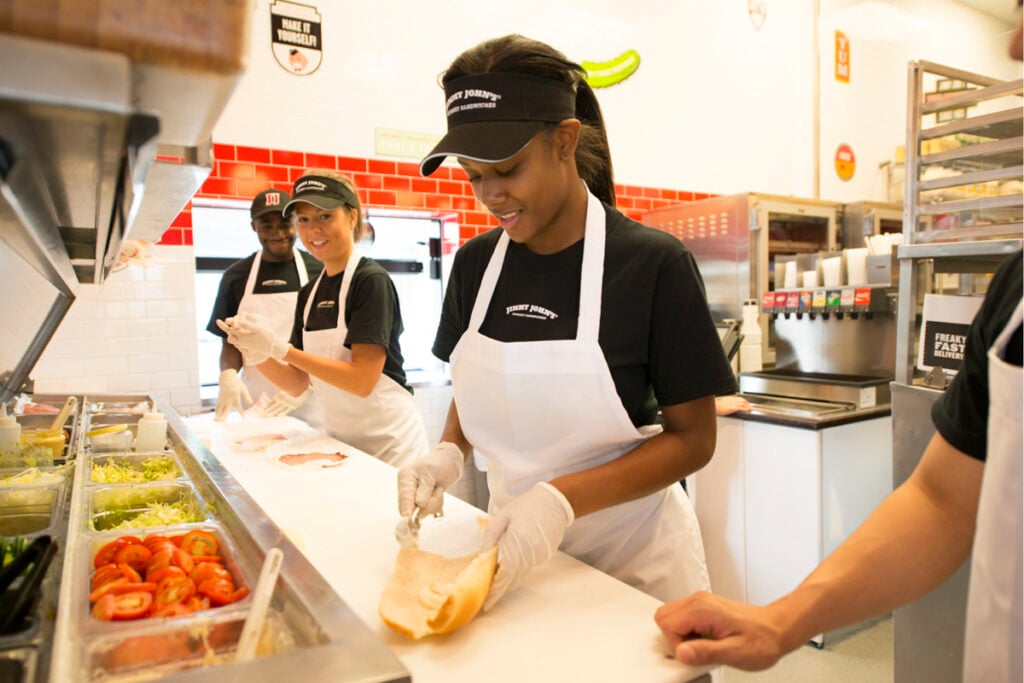A coalition of fast-food restaurant franchise owners filed a lawsuit late last month challenging the state Department of Industrial Relations over its implementation of a state law aimed at protecting fast-food employees.
The legal action, filed in the Superior Court of Sacrament County by attorneys representing the Save Local Restaurants Coalition, states that the California constitution dictates that as part of the referendum process laws cannot be enforced until voters have a chance to vote on the proposed legislation.
The coalition and its partners collected more than 1 million signatures to get the law, AB 257, also known as the FAST Act, on the 2024 ballot as a referendum. The California Secretary of State’s office on Dec. 9 issued a notice stating the referendum petition filed against AB 257 contains more than the minimum number of required signatures.
On Dec. 30, a day after the lawsuit was filed, Superior Court Judge Shelleyanne W. L. Chang issued an order preventing the implementation of the law until a hearing that is scheduled for Jan. 13 is held.
In a statement, the Save Local Restaurants coalition said that the decision by the court protects the voices of more than 1 million California voters who have exercised their democratic right in asking to vote on a piece of legislation before it is enforced.
“This process has been preserved for more than 100 years and was in grave risk of being suppressed,” the group’s statement said. “While this pause is temporary, the impact is beyond just one piece of legislation and keeps intact for the time being California’s century-old referendum process.”

The act, passed by the legislature in August and signed into law by Gov. Gavin Newsom on Labor Day, would, among other things, create a 10-member council that would set new wage, scheduling and operation rules for fast-food restaurants.
The council would sunset on Jan. 1, 2029, and until that time can set minimum standards on wages, working hours, and other working conditions related to the health, safety and welfare of fast-food workers.
The council’s orders would apply to restaurants in the state that are part of a set of fast-food restaurants consisting of 100 or more establishments nationally that share a common brand. Corporate-owned restaurants would also come under its jurisdiction, as well as those owned by franchisees.
Kurt Oneto, an attorney with Nielsen Merksamer Parrinello Gross & Leoni LLP in San Rafael, the law firm representing the plaintiffs in the suit, said that since the creation of the right to referendum more than a century ago, about 52 measures have made it to the statewide ballot and more than 50% of those measures were repealed by voters.
“Not in a single one of those prior instances did the state ever attempt to temporarily enforce the referred statute while the signature review process was underway,” Oneto said in a statement. “By moving forward with implementing AB 257, the state would create a harmful precedent that would effectively render the state’s referendum process meaningless.”
